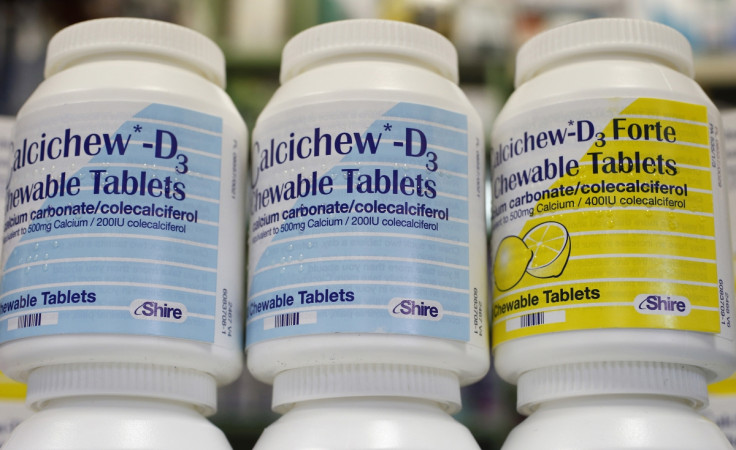High doses of vitamin D 'can help treat multiple sclerosis'

High doses of Vitamin D can help the immune system of multiple-sclerosis sufferers. Researchers found the vitamin can help regulate the hyperactive immune system of people with multiple sclerosis, potentially finding a cheap treatment for the future.
The study tested different doses of vitamin D against the response of the immune system's T-cells – a type of white blood cell which plays a key role in immunity against disease, and is also linked to MS. The results showed that higher doses of the vitamin showed a reduction in the amount of these T-cells.
"These results are exciting, as vitamin D has the potential to be an inexpensive, safe and convenient treatment for people with MS," said Peter Calabresi, author of study from Johns Hopkins Multiple Sclerosis Center. "More research is needed to confirm these findings with larger groups of people and to help us understand the mechanisms for these effects, but the results are promising."
The study used 40 participants with MS to test the doses of vitamin D. Each subject received either a high dose of 10,400 international units, or a lower dose of 800 international units. Both of these amounts are still higher than the recommended daily amount of 600 international units.
It is already understood that a vitamin D deficiency increases the risk of MS – and likewise, those that already have MS and a vitamin D deficiency are more likely to have worse effects from the disease.
However, until now, it has been unclear as to how much of the vitamin is needed for an overall benefit. This comes after knowledge that too much vitamin D increases the amount of calcium in the body, causing kidney stones, nausea and vomiting.
Results showed that the concentration of vitamin D in the blood of the higher dosage patients fell in line with the previously-suggested optimum levels for MS sufferers. That is to say, they had the most amount of vitamin D available to them that will benefit them.
The lower dosage group, however, did not reach that target, and still suffered from a lack of the vitamin in their blood.
The research, published in Neurology, hopes to cement the amount of the vitamin which is most beneficial to MS patients.
"We hope that these changes in inflammatory T cell responses translate to a reduced severity of disease," said Calabresi. "Other clinical trials are under way to determine if that is the case."
© Copyright IBTimes 2025. All rights reserved.






















